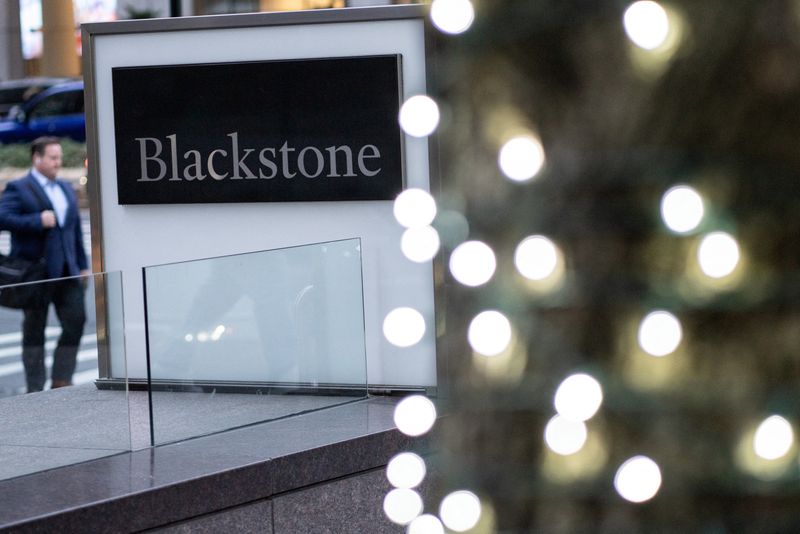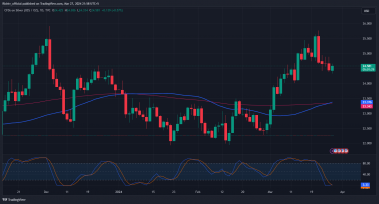The world’s largest manager of alternative assets, Blackstone Inc., reported on Thursday that it paid out fewer investments across key portfolios, resulting in a 41% year-over-year decline in fourth-quarter distributable earnings.
Blackstone (NYSE:BX) has had to use its power to restrict investor withdrawals at 5% of the fund’s quarterly net asset value due to escalating redemptions at its flagship real estate income trust (BREIT).
Blackstone receives around 17% of its revenue through BREIT, primarily promoted to high-net-worth individuals. About $6.8 billion worth of redemption requests from BREIT investors were made in November and December, but only about $1.4 billion, or 21% of those requests, have been granted by Blackstone.
During a Thursday analyst earnings call, Blackstone president Jonathan Gray stated that the company expects more redemptions in January as it works through a backlog of requests.
“Some investors now are making larger requests than they want to achieve because they expect to be cut back,” Gray said.
Blackstone’s shares were trading at $91.25 per share, up 2.6% from the previous day’s close. The stock lost 43% of its value last year.
EARNINGS BEAT
Distributable earnings decreased from $2.3 billion to $1.3 billion from a year earlier, representing the money used for shareholder dividends. According to financial data provider Refinitiv, that resulted in distributable earnings per share of $1.07, exceeding the typical analyst forecast of 95 cents.
Private equity firms like Blackstone have been unable to sell assets for top dollar due to rising interest rates, inflation, concerns about the recession, and geopolitical tensions resulting from the conflict in Russia and Ukraine.
Blackstone said its net profit from asset sales fell sharply by 55% to $366.9 million during the fourth quarter, down from $817.5 million a year earlier.
Blackstone’s closely watched fee-related earnings fell 39% to $1.1 billion, mostly because fewer asset sales led to lower performance fees.
Strong results in Blackstone’s credit business were a bright area. Due to higher interest rates, fee-related profits in the credit portfolio increased by 53% to $235.1 million.
Financial market turbulence also weighed on the quarterly performance of Blackstone’s funds.
Its core and opportunistic real estate funds declined by 2% and 1.5%, respectively. While corporate, private equity and private credit funds saw gains of 3.8% and 2.4%, respectively, secondary funds lost 1.8%. The benchmark S&P 500 index increased by 7.08% in the fourth quarter.
Under generally accepted accounting principles, Blackstone reported net income of $557.9 million, down 60% from $1.4 billion in the prior year, owing to investment losses.
Blackstone created $6.8 billion in net accrued performance revenues, spent $18.7 billion on new acquisitions, raised $43.1 billion in fresh funding, and held onto $186.6 billion in unspent funds.
It issued a quarterly dividend of 91 cents per share and had $974.7 billion in assets under management at the end of the quarter. Blackstone shifted their ambition from 2026 to 2022 with the goal of amassing $1 trillion in assets by the end of 2022.
Reading More:




 By:
By:





